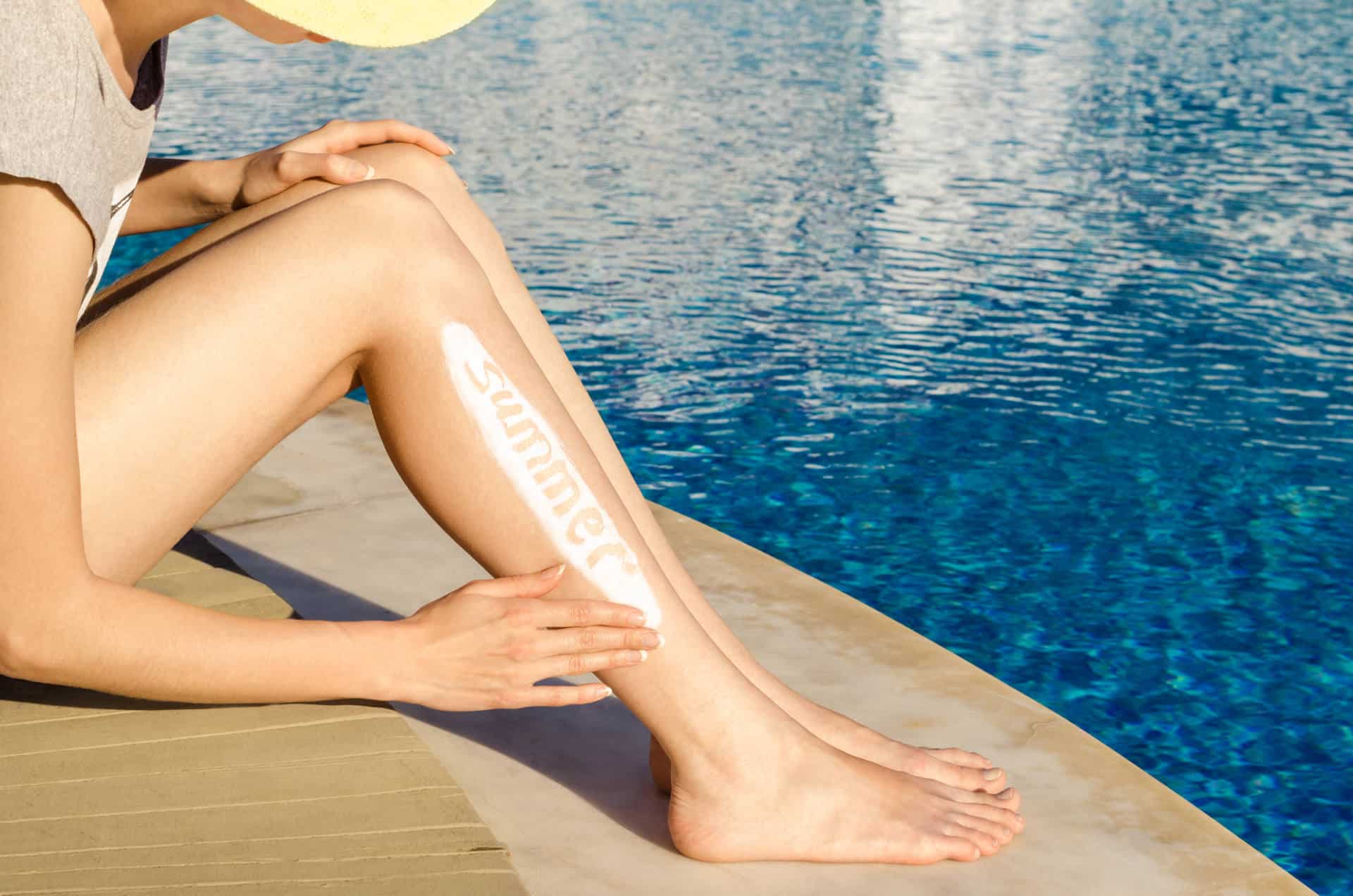
Most of us have heard the fact that sun exposure puts us at an increased risk of developing skin cancer. But did you know that ultraviolet radiation rays also cause premature signs of aging? These bad boy UV rays are not only responsible for those uncomfortable sunburns, but they also are to blame for DNA damage that leads to wrinkling and pigmentation changes in our skin.
We all know that laying out at the lake for too long on the weekends will lead to an uncomfortable sunburn. While that sunburn will eventually resolve it has actually caused damage underneath the skin surface: it damages your DNA. This damage makes us more likely to experience skin cancer later in life.
While the sun provides life for our entire planet the ultraviolet radiation rays do their fair share of damage to our skin. These ultraviolet rays cover a large spectrum, and include both UVB and UVA rays. UVB rays, or “burning rays,” cause the classic sunburn you get from being outside too long. Multiple sunburns early in life put you at an increased risk of skin cancer. The UVA rays, or “aging rays,” are much more prevalent than the UVB rays. These UVA rays penetrate into the deeper structures of the skin and cause tanning, and pigmentation changes or “sun spots.” These UVA rays also damage the DNA in your cells and may play a role in developing malignant melanoma.
Did you know that not all sunscreens are created equal? The active ingredients in sunscreens fall into two different categories: chemical agents and physical agents. Each one of these ingredients has their own unique characteristics and covers a certain spectrum of UV rays. Some, like Homosalate and Octyl salicylate, cover a very small amount of UV rays. Others, like zinc oxide and titanium dioxide cover essentially the entire spectrum of UV rays, thereby limiting the number of chemicals needed to obtain adequate UV protection.
The FDA has approved several chemical sunscreen compounds that they have deemed are safe for daily use. These chemicals work by scattering, absorbing, or reflecting the ultraviolet radiation rays. Because these chemicals have a narrow range of UV coverage multiple chemicals are needed for the sunscreens to be classified as “broad spectrum.” In addition, those individuals with sensitive skin may not tolerate these chemicals.
Zinc oxide and Titanium dioxide are both considered physical sunscreens. Contrary to popular belief these agents are not solid white or messy anymore. These products are now micronized, meaning their particle size is so small that they are typically indiscernible, even on darker skinned individuals. In addition, each of these agents has the broadest spectrum coverage for UV rays. This means all those other chemicals are unnecessary to achieve UV ray protection. Unlike the chemical agents, zinc oxide and titanium dioxide are unlikely to cause an allergic reaction, even in individuals with sensitive skin.
Sunscreen should definitely be a part of your daily skin care regimen, even if you are not “going outside.” This is because you get UV ray exposure through glass windows and even fluorescent light bulbs. Your sunscreen with zinc oxide or titanium dioxide should be the last part of your daily skin care regimen. Other recommendations to limit your UV exposure include:
- Avoid going outside from 10am-2pm, during the time when the UV rays are at their peak
- Apply your sunscreen prior to going outside and at least every 2 hours
Our philosophy is not “one size fits all.” Each person’s skin is unique, and your sunscreen should be too. We have several options available in our office to choose from, and we will help you pick the right one based on your skin care needs. Whether you suffer from acne, rosacea, dry skin, or just have sensitive skin we have a formulation that is for you. Protect your skin today for beautiful skin tomorrow. Call and schedule a free skin care consultation today.
Call Tennessee Vein Center to schedule a free skin care consultation today.